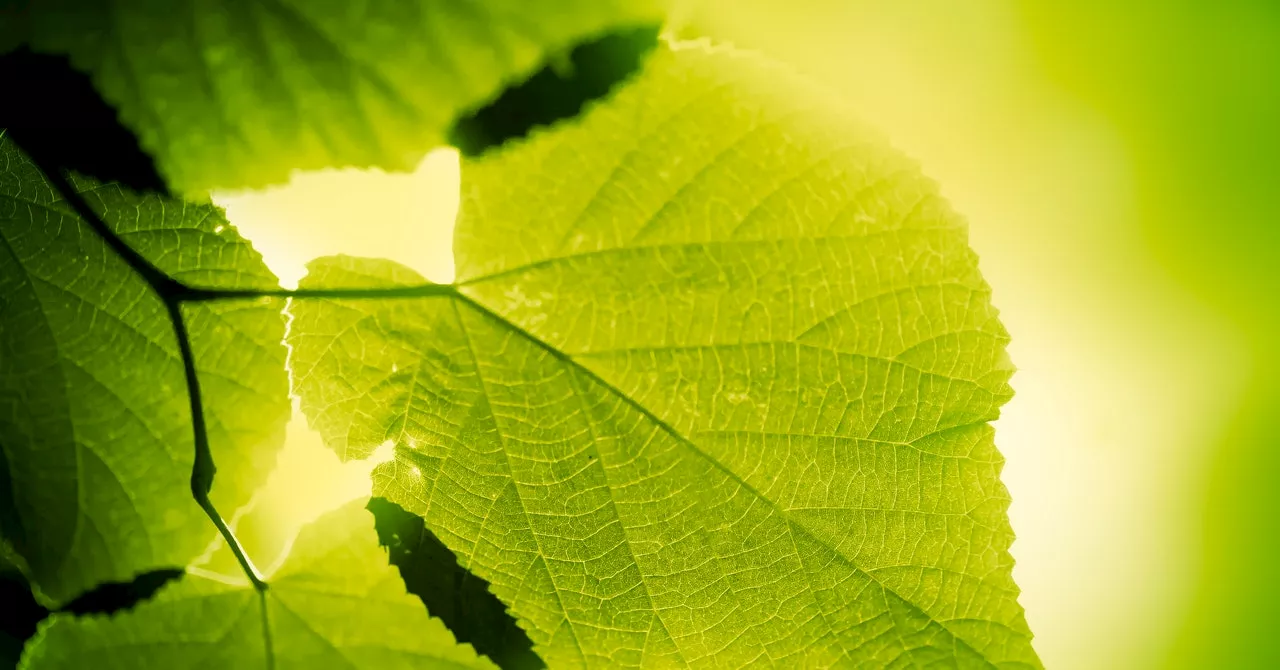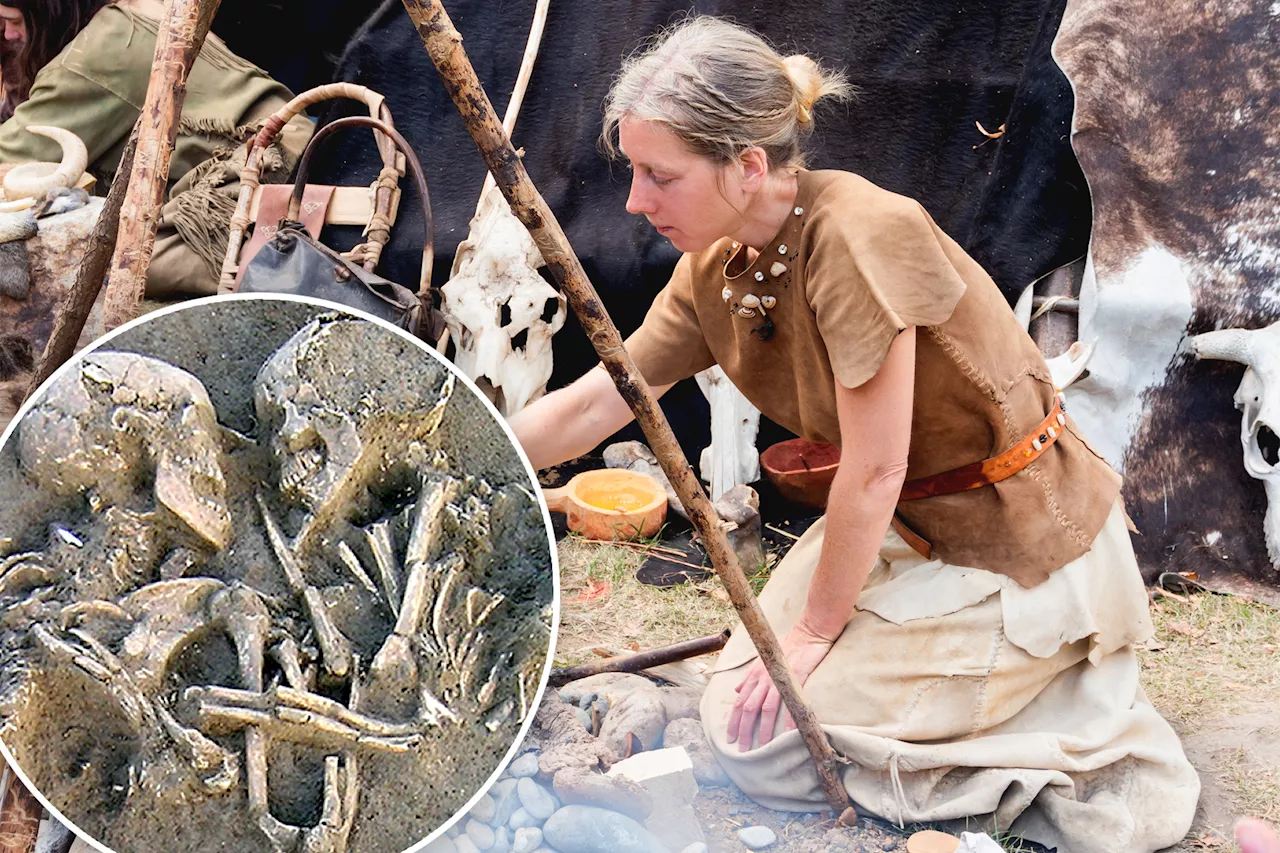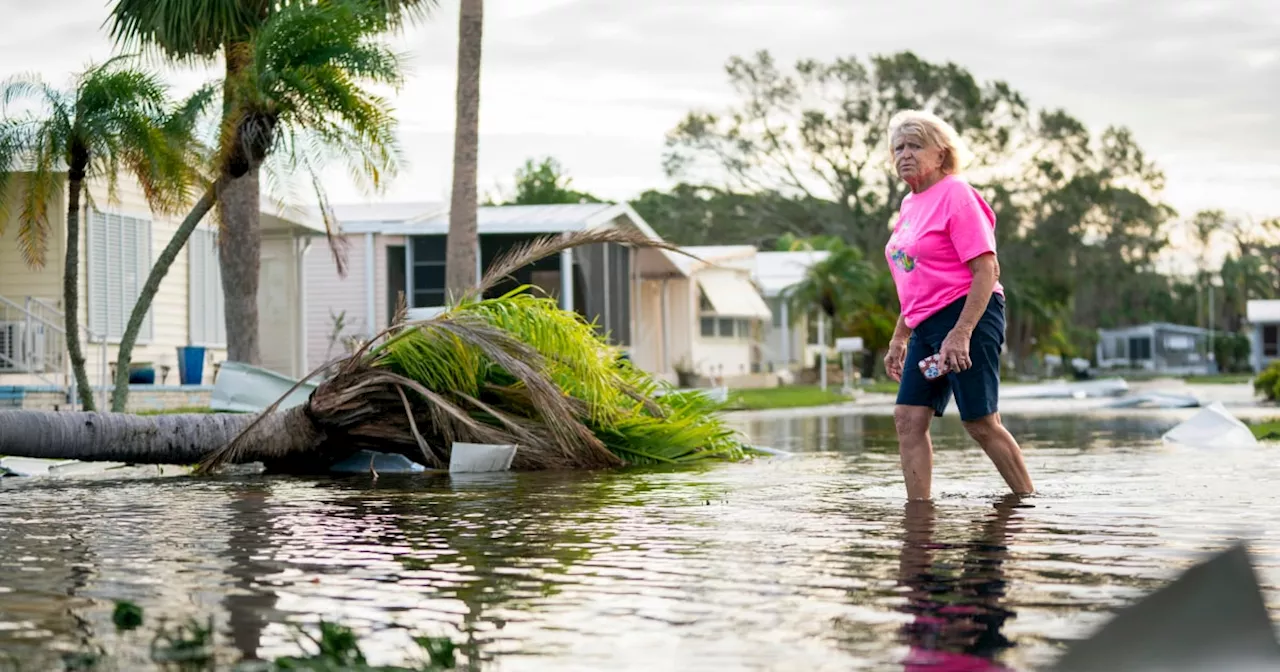Researchers are linking human activity to increased gene transfer from soil bacteria to humans.
Surprisingly, the ground beneath us is packed with antibiotic resistance genes -- tiny codes that allow bacteria to resist antibiotics. Human activities, such as pollution and changing land use, can disturb soil ecosystems and make it easier for resistance genes to transfer from soil bacteria and infect humans.
One such bacterium is Listeria monocytogenes. This soil dweller can make its way into the food chain and cause a serious illness called listeriosis. For people with weakened immune systems, listeriosis can be deadly, with fatality rates as high as 20 to 30 percent. Because of its ability to spread ARGs and infect humans, listeria is an important model for studying how antibiotic resistance develops in soil and spreads to other environments.
For the findings published in Nature Communications team members analyzed close to 600 listeria genomes from soil samples that Liao collected in a previous study, published in Nature Microbiology. They identified five main ARGs from across the United States. "Although resistance in clinical listeria cases is currently low, these bacteria naturally resist several antibiotics and are showing increased resistance to others," Liao said."This makes listeriaa good model for tracking ARG development before it becomes a widespread clinical issue."The study also highlighted how the soil's properties and land use can affect ARG spread.
For households, it is important for people to avoid activities that may disturb soil conditions, such as improperly disposing of waste that may cause metal contamination. Liao said it is also important to maintain good sanitation practices after contact with soils, such as after gardening, given the possible presence of ARGs and resistant bacteria.
"Establishing a fundamental understanding of the ecological drivers of these bacteria in the soil could help us better understand the emergence, evolution, and spread of antibiotic resistance," said Liao."This is an urgent, global public health threat."
Bacteria Organic Microbes And More Landslides Geochemistry Ecology Environmental Issues
United States Latest News, United States Headlines
Similar News:You can also read news stories similar to this one that we have collected from other news sources.
 AI can predict study results better than human experts, researchers findLarge language models, a type of AI that analyses text, can predict the results of proposed neuroscience studies more accurately than human experts, finds a new study.
AI can predict study results better than human experts, researchers findLarge language models, a type of AI that analyses text, can predict the results of proposed neuroscience studies more accurately than human experts, finds a new study.
Read more »
 Japanese Researchers Successfully Transplant Chloroplasts into Animal CellsJapanese scientists have managed to transplant photosynthetically active chloroplasts from algae into animal cells, overcoming previous limitations. This breakthrough could lead to new advancements in bioengineering and cellular capabilities.
Japanese Researchers Successfully Transplant Chloroplasts into Animal CellsJapanese scientists have managed to transplant photosynthetically active chloroplasts from algae into animal cells, overcoming previous limitations. This breakthrough could lead to new advancements in bioengineering and cellular capabilities.
Read more »
 Researchers detail huge hack-for-hire campaigns against environmentalistsHackers for hire have reportedly targeted thousands of individuals as part of campaigns against environmental groups and journalists. The report into “Dark Basin” was produced by cybersecurity watchdog group Citizen Lab.
Researchers detail huge hack-for-hire campaigns against environmentalistsHackers for hire have reportedly targeted thousands of individuals as part of campaigns against environmental groups and journalists. The report into “Dark Basin” was produced by cybersecurity watchdog group Citizen Lab.
Read more »
 Researchers show complex relationship between Arctic warming and Arctic dustA study found that dust from snow- and ice-free areas of the Arctic could be an important contributor to climate change in the region. Higher levels of dust help promote the formation of ice crystals in the clouds, which weakens the efficiency of clouds to contain more liquid droplets and fewer ice crystals by Arctic warming.
Researchers show complex relationship between Arctic warming and Arctic dustA study found that dust from snow- and ice-free areas of the Arctic could be an important contributor to climate change in the region. Higher levels of dust help promote the formation of ice crystals in the clouds, which weakens the efficiency of clouds to contain more liquid droplets and fewer ice crystals by Arctic warming.
Read more »
 Neolithic culture was less sexist than previously thought — according to researchers' shocking finds at burial sitesIt’s the real first wave of feminism.
Neolithic culture was less sexist than previously thought — according to researchers' shocking finds at burial sitesIt’s the real first wave of feminism.
Read more »
 As hurricane season ends, researchers take stock of unexpected patternEvan Bush is a science reporter for NBC News.
As hurricane season ends, researchers take stock of unexpected patternEvan Bush is a science reporter for NBC News.
Read more »
